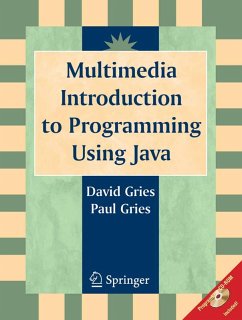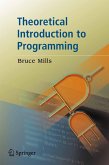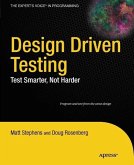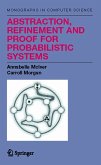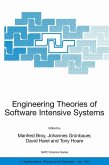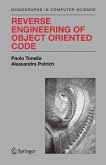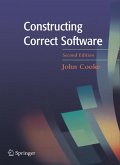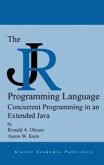Although vital to modern software development, Java and object-oriented programming can pose significant challenges to newcomers. This text, unique in both scope and approach and accompanied by interactive content that you may find on extras.springer.com, addresses that learning curve by providing a careful, classroom-tested presentation of Java -- from the fundamentals of variables, types, and expressions to procedural concepts like loops and sophisticated object-oriented ideas.
Multimedia Introduction to Programming Using Java anchors its pedagogy in the program ProgramLive that you may find at extras.springer.com, a complete multimedia module in itself. Containing over 250 recorded lectures with synchronized animation, ProgramLive allows users to see, first-hand and in real time, processes like stepwise refinement of algorithms, development of loops, execution of method calls and associated changes to the call stack, and much more. The zip file also includes all programs from the book, 35 guided instruction sets for closed lab sessions, and a 70-page hyperlinked glossary.
Additional key features of this work:
Provides clear and accessible treatment of all aspects of a first course, along with more advanced topics such as recursion, exceptions, interfaces, inner classes, and GUIs.
Introduces objects and classes early in the exposition, rendering object-oriented programming intuitive and natural.
Develops programs, rather than simply showcasing them.
Supports all concepts through complementary lectures on the zip-file featured on extras.springer.com.
Contains numerous self-help exercises that encourage readers to practice programming.
Emphasizes rigor and accuracy through user-friendly exposition and a flexible organizational style.
With its comprehensive appendices and bibliography, systematic approach, and helpful interactive programs onextras.springer.com, this exciting work provides the key tools they needed for successful object-oriented programming. It is ideal for use at the undergraduate and graduate beginning level, whether in the classroom or for distance learning; furthermore, the text will also be a valuable self-study resource or reference volume in any programmer's library.
Multimedia Introduction to Programming Using Java anchors its pedagogy in the program ProgramLive that you may find at extras.springer.com, a complete multimedia module in itself. Containing over 250 recorded lectures with synchronized animation, ProgramLive allows users to see, first-hand and in real time, processes like stepwise refinement of algorithms, development of loops, execution of method calls and associated changes to the call stack, and much more. The zip file also includes all programs from the book, 35 guided instruction sets for closed lab sessions, and a 70-page hyperlinked glossary.
Additional key features of this work:
Provides clear and accessible treatment of all aspects of a first course, along with more advanced topics such as recursion, exceptions, interfaces, inner classes, and GUIs.
Introduces objects and classes early in the exposition, rendering object-oriented programming intuitive and natural.
Develops programs, rather than simply showcasing them.
Supports all concepts through complementary lectures on the zip-file featured on extras.springer.com.
Contains numerous self-help exercises that encourage readers to practice programming.
Emphasizes rigor and accuracy through user-friendly exposition and a flexible organizational style.
With its comprehensive appendices and bibliography, systematic approach, and helpful interactive programs onextras.springer.com, this exciting work provides the key tools they needed for successful object-oriented programming. It is ideal for use at the undergraduate and graduate beginning level, whether in the classroom or for distance learning; furthermore, the text will also be a valuable self-study resource or reference volume in any programmer's library.
Dieser Download kann aus rechtlichen Gründen nur mit Rechnungsadresse in A, B, BG, CY, CZ, D, DK, EW, E, FIN, F, GR, HR, H, IRL, I, LT, L, LR, M, NL, PL, P, R, S, SLO, SK ausgeliefert werden.
From the reviews of the first edition:
"I would like to express my enthusiasm reading this excellent text on programming with Java. ... I would like to emphasize that this book is comprehensive, conceptually and methodically up-to-date, its content is both rigorously and clearly written. It is obvious that one of the authors' aims was to supply a easy learning textbook in this respect; this is the reason, why the book benefits, among other facilities, by a rather useful multimedia support on programming in Java." (Tudor Balanescu, Zentralblatt MATH, Vol. 1082, 2006)
"I would like to express my enthusiasm reading this excellent text on programming with Java. ... I would like to emphasize that this book is comprehensive, conceptually and methodically up-to-date, its content is both rigorously and clearly written. It is obvious that one of the authors' aims was to supply a easy learning textbook in this respect; this is the reason, why the book benefits, among other facilities, by a rather useful multimedia support on programming in Java." (Tudor Balanescu, Zentralblatt MATH, Vol. 1082, 2006)

